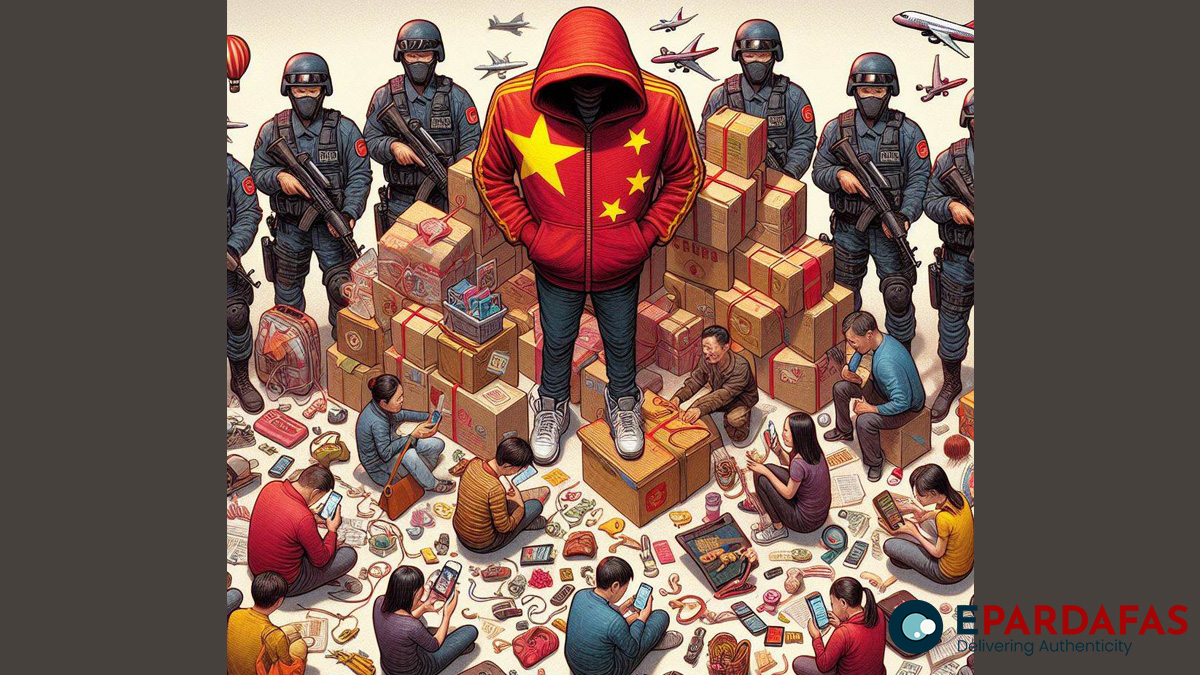
China Tops List for Counterfeit and Pirated Products, according to U.S. Report

In a recent report released by the office of U.S. Trade Representative (USTR) Katherine Tai, China has been identified as the leading source of counterfeit and pirated products globally. The report highlighted WeChat, China’s most popular chat app, as “one of the largest platforms for counterfeit goods.”
According to the U.S. government’s latest report on “notorious markets,” counterfeit and pirated goods from China, along with transshipped goods from China to Hong Kong, accounted for 75% of the value of such goods seized by U.S. Customs and Border Protection in 2021.
The report identified 39 online markets and 33 physical markets involved in or facilitating substantial trademark counterfeiting or copyright piracy. WeChat’s e-commerce ecosystem was specifically mentioned as a major platform for counterfeit goods in China.
WeChat, owned by Chinese technology firm Tencent Holdings Limited, boasts more than a billion active users. The report alleged that WeChat provided an e-commerce ecosystem that facilitated the distribution and sale of counterfeit products to users of the overall WeChat platform.
Other China-based online markets such as AliExpress, Baidu Wangpan, DHGate, Pinduoduo, and Taobao also remained on the notorious markets list. Additionally, seven physical markets in China were identified, using brick-and-mortar storefronts to support online sales of counterfeits.
Both Tencent and Alibaba Group Holding Ltd were added to the notorious markets list in early 2022. USTR Katherine Tai emphasized the importance of the Notorious Markets List as a tool urging the private sector and trading partners to take action against harmful practices.
Notably, the Chinese government expressed disagreement with the U.S. government’s decision to include certain e-commerce sites in the list, labeling it as “irresponsible.” Tencent and Alibaba responded by expressing strong disagreement with the decision and reaffirmed their commitment to addressing concerns about intellectual property protection across their platforms in collaboration with government agencies.












Comments